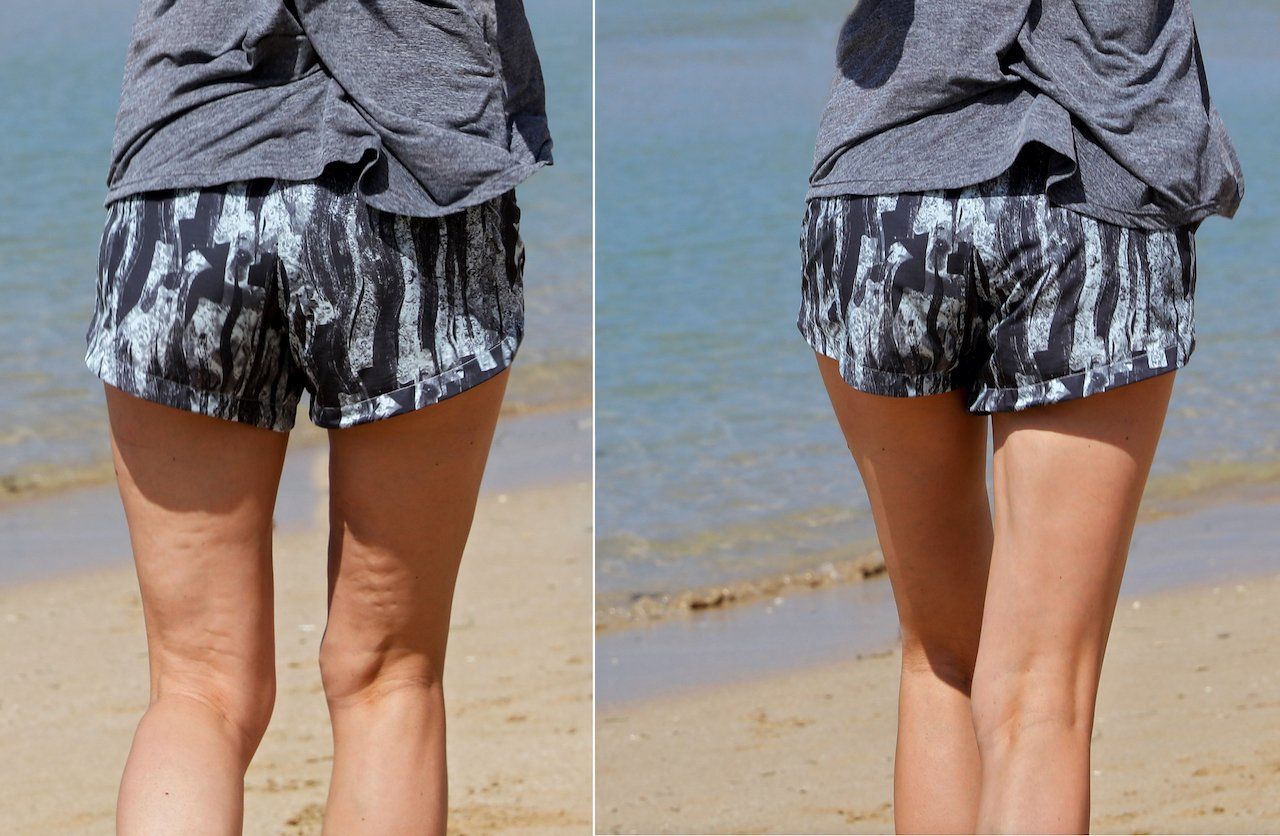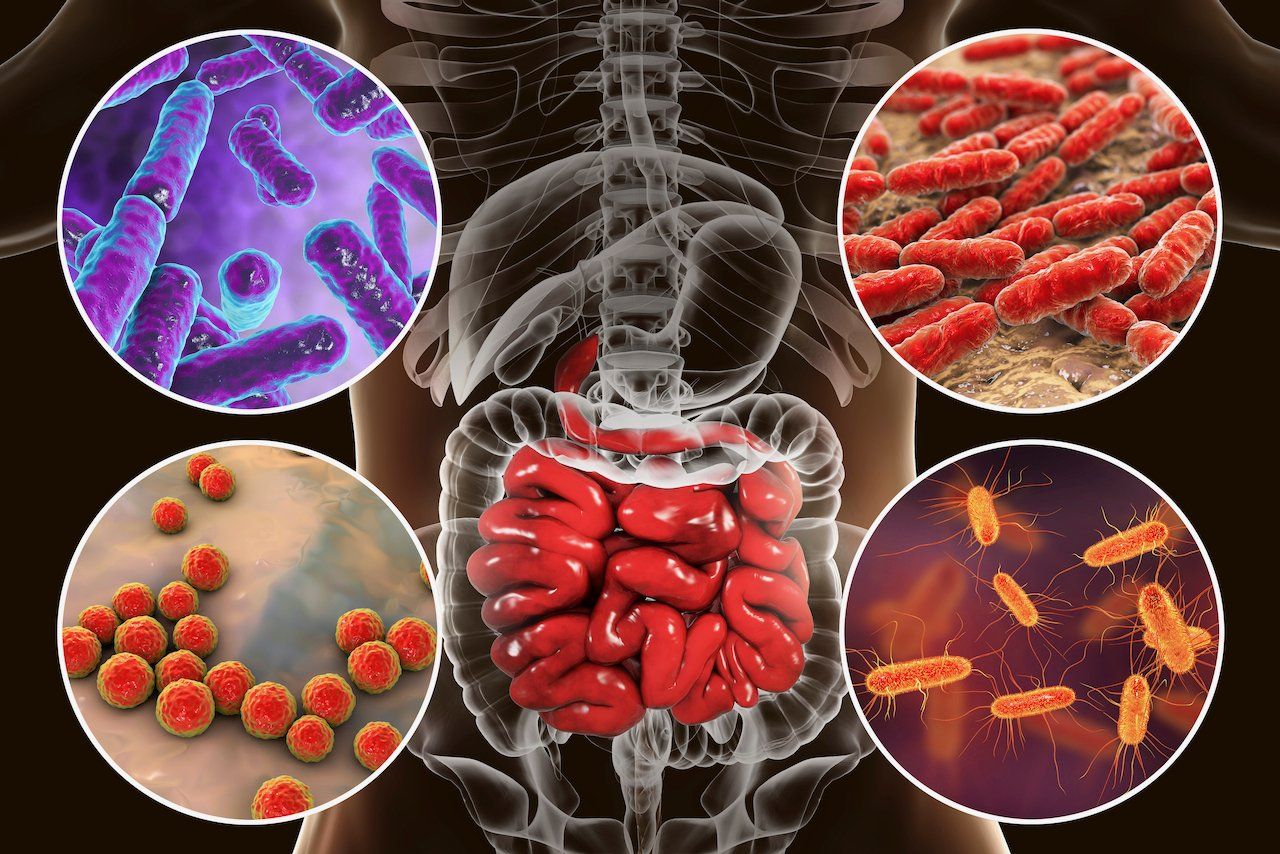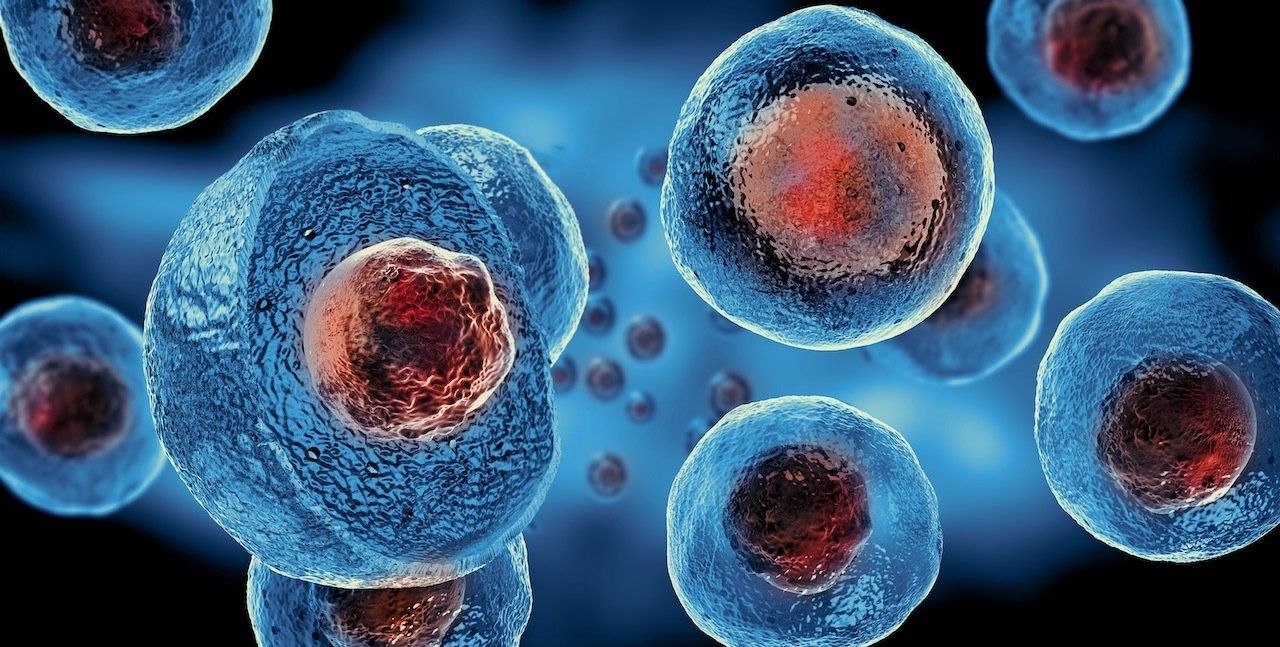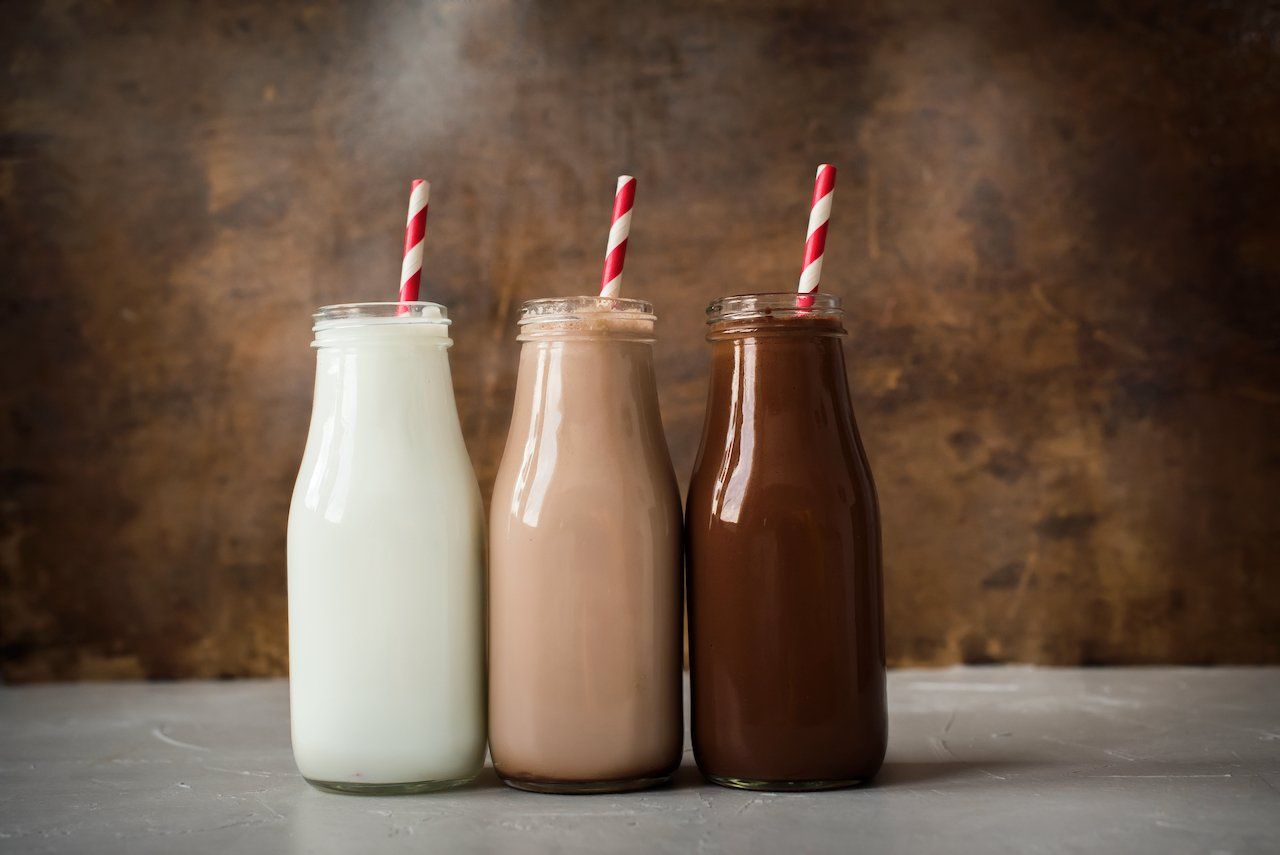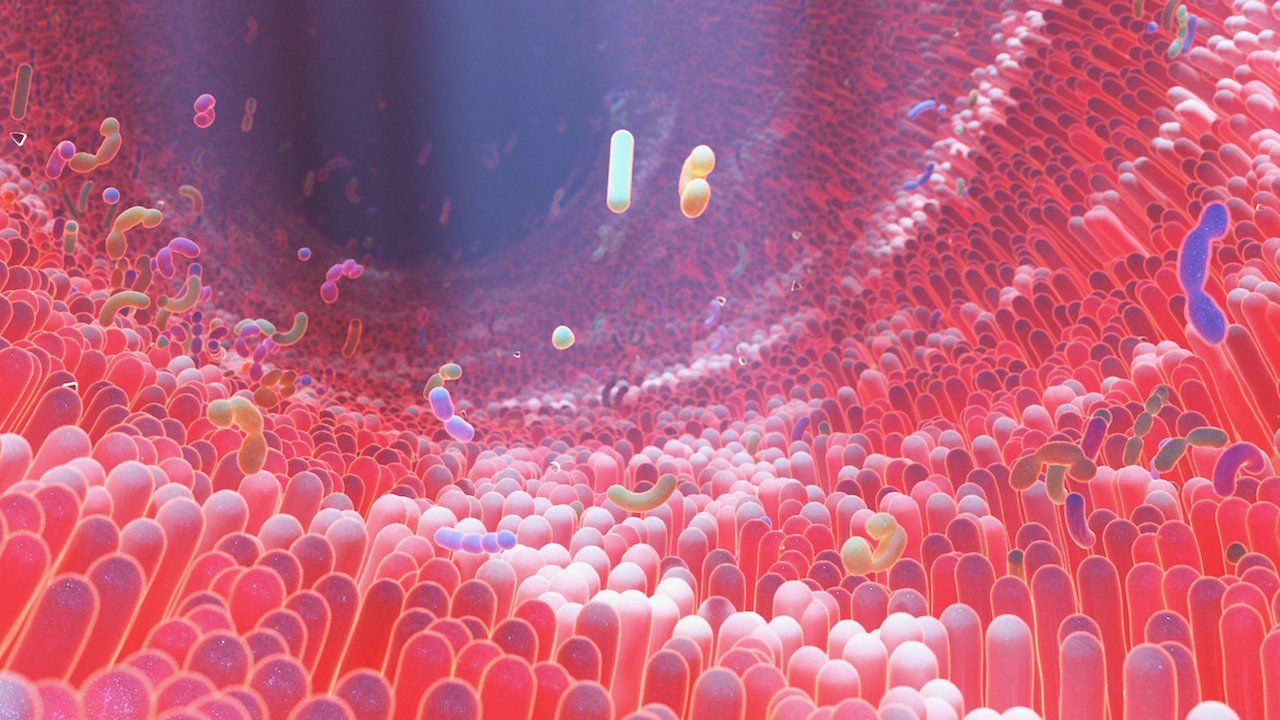Brown Fat vs White Fat vs Beige Fat:
You Need to Know About Weight Loss
Do you know the difference between brown fat, white fat, and beige fat? If not, don't worry – most people don't. But understanding the difference is important if you're trying to lose weight. In this blog post, we will discuss the three different types of fat and how they impact weight loss. We'll also provide tips on how to activate your brown fat and burn more calories!
White Fat
Most people are familiar with white fat. White fat is the type of fat that accumulates around our waistlines and thighs. It may be found throughout our organs, under our skin, and in the folds between our muscles. White fat is relatively inactive, meaning that it doesn't burn many calories. White fat stores energy in the form of triglycerides. It's also the kind of fat that we typically think of when we think of "bad" fats. White fat is highly efficient at storing energy, which is why it's so difficult to get rid of.
Brown Fat
Brown fat, as opposed to white fat, is much more active and is considered "the good fat". Brown fat has been found to help burn calories, and promote weight loss, and is present in both babies/small children as well as adults according to recent studies. Brown fat gets its name from its brown color, which is caused by the presence of more mitochondria. Mitochondria are responsible for producing energy, and thus, more mitochondria mean more calorie burning! This process is called thermogenesis. Brown fat is located throughout our necks, on and between our shoulder blades, near our kidneys, and along the back of our spine.
Beige Fat
Beige fat is a type of fat that is somewhere between white and brown fat. It is derived by a process called "browning" in which white fat cells are converted into brown fat cells. Beige fat shares characteristics of both white and brown fat. Like white fat, beige fat stores energy in the form of triglycerides. But, like brown fat, beige fat is also thermogenic. However, beige fat is not as efficient at burning calories as brown fat. Beige fat is also believed to help regulate blood sugar levels and improve insulin sensitivity.
So, what does this all mean for weight loss? Well, activation of brown fat has been shown to help with weight loss. When our body signals to brown fat to start burning calories, we are effectively burning more calories overall! This is why it's important to find ways to activate our brown fat. More recently, the "browning" of white adipose tissue or white fat has generated a lot of interest in the weight loss research world as a potential alternative to increase energy expenditure, which will aid in weight reduction.
Burn More Calories!
Here are a few tips to help you burn more calories by activating your brown fat and also stimulating the "browning" effect:
- Exercise regularly: Exercise is one of the best ways it helps to keep them warm. Unlike white fat, brown fat is not very efficient at storing energy. Instead, it burns calories to generate heat.
- Eat a healthy diet: A healthy diet is important for weight loss, but it can also help to activate your brown fat. Foods that are high in fiber and protein can help to increase the amount of energy your body burns.
- Incorporating Practitioner Grade Supplements like Panax ginseng and Japanese hop into your diet can help activate brown fat cells, while bamboo tea is also beneficial in the "browning" effect.
- Consuming strawberries, red and black raspberries, Omija fruit, cinnamon, germinated soybean germ, spirulina, broccoli seeds and sprouts, cauliflower, collard greens, cabbage, and reishi mushrooms to stimulate brown fat production. Green tea and Omija tea have both been shown to be beneficial in activating your brown fat.
So, there you have it! Brown fat vs white fat vs beige fat. We hope this blog post has helped to clear up any confusion and that you now have a better understanding of how weight loss works. Remember, exercise and a healthy diet are still the best ways to lose weight and keep it off for good! But, if you're looking for an extra edge, try incorporating some of the tips above to help activate your brown fat and "browning" effect. Good luck!
Weight loss is a complex process that involves many different factors. But, by understanding the role that brown fat plays, you can be one step closer to reaching your weight loss goals!
As always consult with your doctor or a Functional Medicine Practitioner before taking any supplements.
If you'd like to discover more healthful methods to reduce weight, check out my new book "Understanding Genomics; How Nutrition, Supplements, and Lifestyle Can Help You Unlock Your Genetic Superpowers."
Order a copy today!
Until then, stay healthy and happy!
Dr. Marios Michael
Resources:
- Dr. Marios Michael, DC, CNS, cFMP, 06/2022, Understanding Genomics; How Nutrition, Supplements, and Lifestyle Can Help You Unlock Your Genetic Superpowers, 1st edition, Austin, Bookbaby.
- Jung, SJ., Kim, WL., Park, BH. et al. Effect of toxic trace element detoxification, body fat reduction following four-week intake of the Wellnessup diet: a three-arm, randomized clinical trial. Nutr Metab (Lond) 17, 47 (2020). https://doi.org/10.1186/s12986-020-00465-9
- Lee MK, Lee B, Kim CY. Natural Extracts That Stimulate Adipocyte Browning and Their Underlying Mechanisms. Antioxidants (Basel). 2021 Feb 17;10(2):308. doi: 10.3390/antiox10020308. PMID: 33671335; PMCID: PMC7922619.
- Vargas-Castillo A, Fuentes-Romero R, Rodriguez-Lopez LA, Torres N, Tovar AR. Understanding the Biology of Thermogenic Fat: Is Browning A New Approach to the Treatment of Obesity? Arch Med Res. 2017 Jul;48(5):401-413. doi: 10.1016/j.arcmed.2017.10.002. PMID: 29102386.
- Zhu X, Du S, Yan Q, Min C, Zhou N, Zhou W, Li X. Dietary curcumin supplementation promotes browning and energy expenditure in postnatal overfed rats. Nutr Metab (Lond). 2021 Oct 30;18(1):97. doi: 10.1186/s12986-021-00625-5. PMID: 34717663; PMCID: PMC8557570.
Medical Disclaimer: The information included on this blog is for educational purposes only. It is not intended nor implied to be a substitute for professional medical advice. The reader should always consult his or her healthcare provider to determine the appropriateness of the information for their own situation or if they have any questions regarding a medical condition or treatment plan. Never disregard professional medical advice or delay in seeking it because of something you have read on this blog! Reading the information on this blog does not create a physician-patient relationship.
These statements have not been evaluated by the Food and Drug Administration. This product is not intended to diagnose, treat, cure, or prevent any disease.
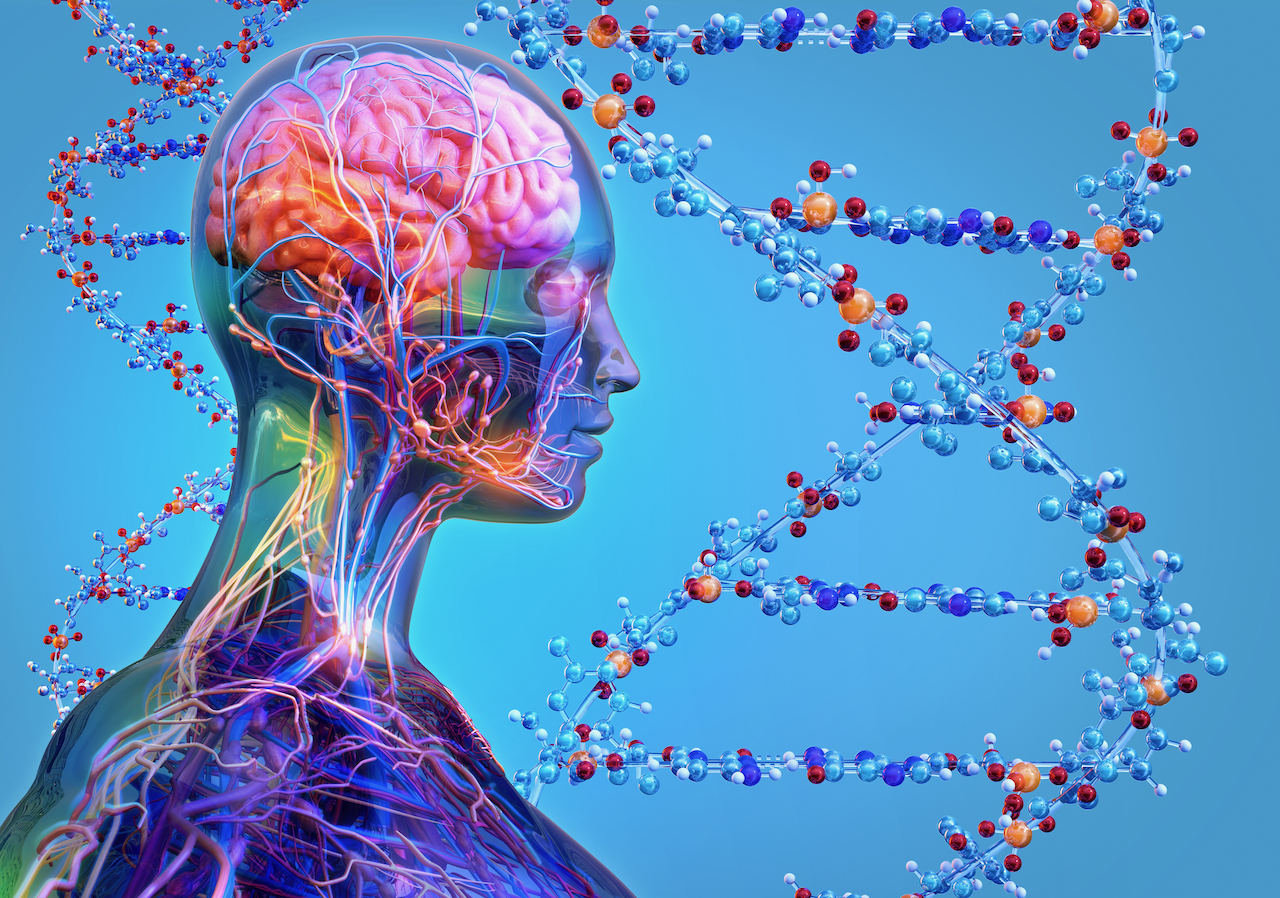
Telehealth Consult
HIPAA-compliant
Contact Us
We will get back to you as soon as possible.
Please try again later.
Austin
(512) 450- 2952
2499 South Capital of Texas HWY
Building B Suite 202
Austin, TX 78746

Los Angeles
(626) 440 -7406
424 N. Lake Ave. Suite 102
Pasadena, CA 91101

